A Comprehensive Study on the Impact of COVID-19 on Secondary Education in Uganda
Val Hyginus Udoka Eze 1,*, Chidinma Esther Eze2 and Asiati Mbabazi3
1Department of Publication and Extension, Kampala International University, Uganda
2Department of Educational Foundations, Kampala International University, Uganda
3Faculty of Education, Kampala International University, Uganda.
Email: udoka.eze@kiu.ac.ug, eze.esther@kiu.ac.ug, adamasifiwe@gmail.com
*Corresponding Author: Val Hyginus Udoka Eze, udoka.eze@kiu.ac.ug, Kampala International University, Western Campus, Ishaka, Uganda (ORCID: 0000-0002-6764-1721)
ABSTRACT
The impact of the COVID-19 pandemic on global education has been profound, especially in Uganda. Secondary school students in Uganda have encountered numerous challenges as a result of this crisis. This paper offers a thorough examination of the specific obstacles faced by these students, encompassing impacts on academic achievements, mental well-being, and their overall educational path. The closure of schools has disrupted the educational advancement of secondary students in Uganda, and the transition to online learning has exacerbated the digital divide due to limited access to the internet and technology resources. This scenario has led to educational disparities for students from underprivileged backgrounds. The pandemic’s socioeconomic repercussions have also imposed financial burdens on students’ families, compelling some students to seek employment or care for unwell relatives, thereby restricting their study time. School closures have affected students’ social interactions, resulting in feelings of seclusion. The absence of peer and teacher interactions can have adverse effects on students’ mental health, escalating feelings of stress, anxiety, and depression. Furthermore, the discontinuation of essential services such as school meals and healthcare support has impacted students’ well-being. School meals are crucial for many students, and their unavailability due to school closures has deprived students of essential nutrition. It is imperative for the Ugandan government and educational stakeholders to enact the comprehensive strategies delineated in this research paper in pre and post-pandemic era. These will prioritize equitable access to education by supplying technology and internet connectivity to marginalized communities and ensuring that mental health support services are easily accessible to students. Finally, the various challenges faced by secondary students in Uganda during the COVID-19 crisis necessitate a collective effort from all sectors. By effectively addressing these concerns, students can receive the necessary assistance to pursue their education and excel in a post-pandemic era.
Keywords: COVID-19, Student, Uganda, online learning, Academic achievement, Pandemic
CITE AS: Val Hyginus Udoka Eze , Chidinma Esther Eze and Asiati Mbabazi (2024). A Comprehensive Study on the Impact of COVID-19 on Secondary Education in Uganda. IAA Journal of Education 10(2):27-36. https://doi.org/10.59298/IAAJE/2024/102.2736.11
